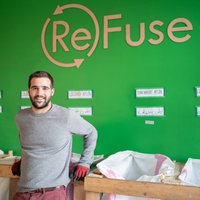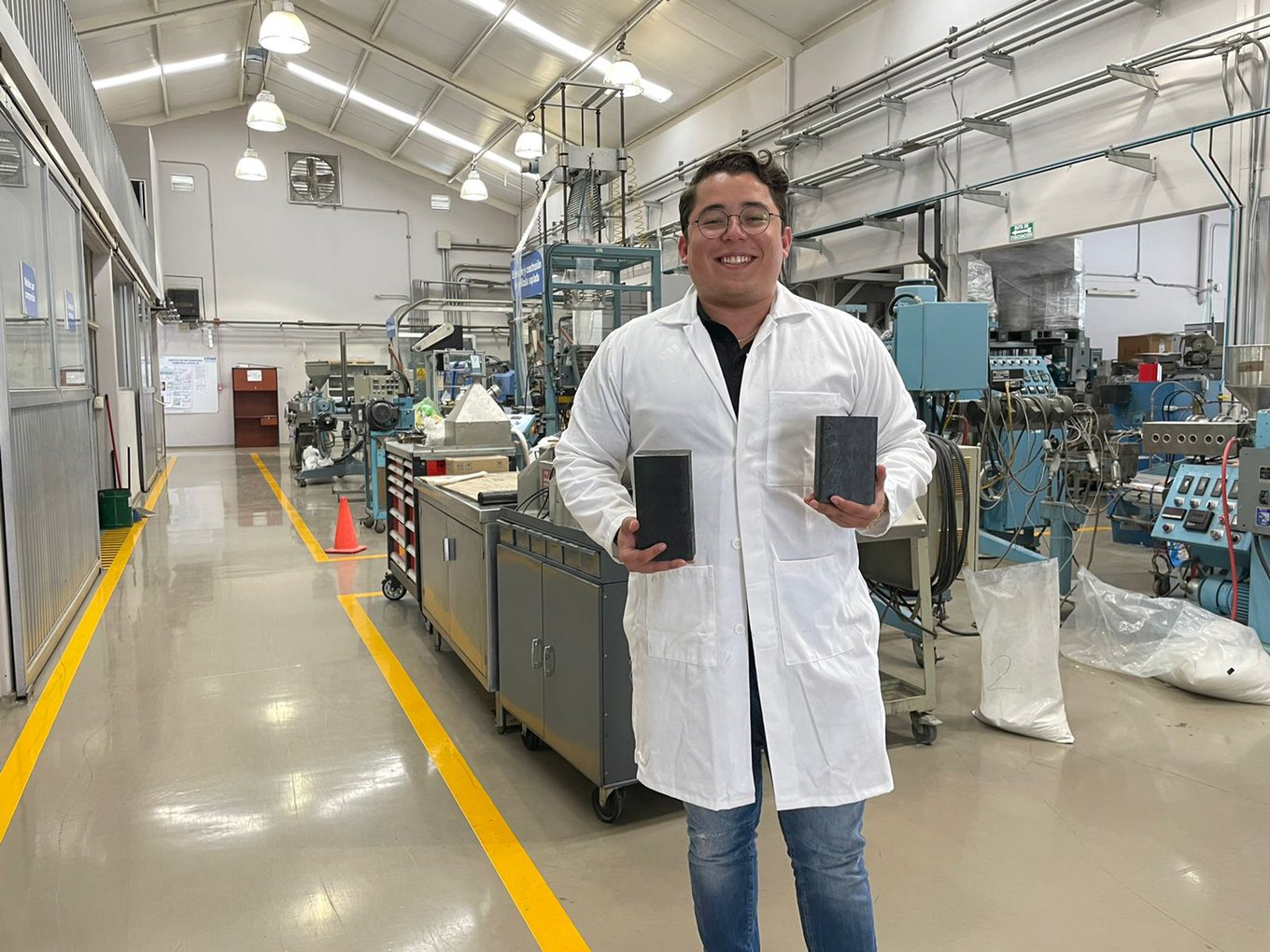Energy & sustainability
Walter Mata
Reuses waste for use as building materials to reduce the environmental impacts of the industry.

Europe
Guglielmo Mazzà
Environmental engineer and social entrepreneur

Global
Richard Wang
Developed lithium-metal batteries, which have extremely high energy density.

Latin America
Arturo Navarro
Water filters that prevent microplastics from synthetic laundry from contaminating ecosystems.

Global
Sean Hunt
Using enzymes and metal catalysts to turn sugar into industrial chemicals.
